Spice Up Your Life: The Curious Case of Madras Curry Powder Mix – A Global Spice Tradition
Welcome to the aromatic world of Madras curry powder mix, where spices dance on your palate and every meal feels like a celebration. Whether you're a professional chef or a home cook with a growing spice rack, this guide will take you on a flavorful journey through history, flavor profiles, and practical kitchen hacks that’ll make your taste buds sing.
Table of Contents
- Introduction: What Makes Madras Curry Powder So Special?
- Origins: From Madras to the World
- Flavor Profile Breakdown
- How to Use Madras Curry Powder Like a Pro
- Homemade vs Store-Bought: Which Is Better?
- Pairing Suggestions: What Goes Well With Madras Curry?
- Pro Tips for Cooking with Madras Curry Powder
- Madras Curry in Global Cuisine Traditions
- Conclusion: Spice It Up with Madras!
Introduction: What Makes Madras Curry Powder So Special?
Mild yet punchy, earthy yet citrusy — if there’s one spice blend that walks the tightrope between bold and balanced, it’s Madras curry powder. Hailing from South India, particularly Tamil Nadu and Andhra Pradesh, this iconic spice mix is often mistaken for just another “curry powder.” But trust us — it's so much more than that.

Beyond the familiar golden hue (thanks to turmeric), Madras curry brings together warm, smoky, tangy, and sometimes even floral notes — creating a symphony of flavor that can transform even the simplest ingredients into something extraordinary.
Origins: From Madras to the World
Despite its British-sounding name, Madras curry powder has Indian roots. It gets its name from the city of Madras (now Chennai), a bustling trade hub where colonial traders were first introduced to Indian spices. As the story goes, British colonists tried to recreate the flavors they experienced in India by blending their own versions of curry powders — but none quite matched the original Madras version.

Traditional Madras curry powder is not mass-produced; it’s usually ground fresh at home using whole spices roasted to perfection. Each family or region may tweak the blend slightly, which adds to the allure and diversity of this beloved seasoning.
Flavor Profile Breakdown
| Spice | Taste Contribution | Percentage in Mix |
|---|---|---|
| Cumin Seeds | Earthy, nutty warmth | 15% |
| Fenugreek | Bitter-sweet, maple-like note | 5% |
| Coriander Seeds | Citrusy brightness | 25% |
| Mustard Seeds | Pungent, mustardy bite | 10% |
| Turmeric | Earthy, golden color | 10% |
| Dried Red Chilies | Heat & depth | 20% |
| Black Peppercorns | Sharp, woody heat | 5% |
| Curry Leaves (optional) | Herbal, lemony freshness | 5% |
| Ginger (optional) | Spicy sweetness | 5% |
How to Use Madras Curry Powder Like a Pro
Ready to level up your meals? Here are five clever ways to incorporate Madras curry powder into your cooking:
- Boost Stews & Soups: Add a teaspoon during sautéing for a deeper flavor base.
- Marinate Proteins: Toss chicken, lamb, or tofu in a paste made with oil and Madras curry before grilling or baking.
- Spice Up Roasted Veggies: Toss carrots, cauliflower, or chickpeas with oil and a pinch of the mix before roasting.
- DIY Popcorn Seasoning: Mix with melted butter and a dash of salt for an unexpected twist.
- Upgrade Rice Dishes: Stir into basmati rice while it cooks for a vibrant side dish.
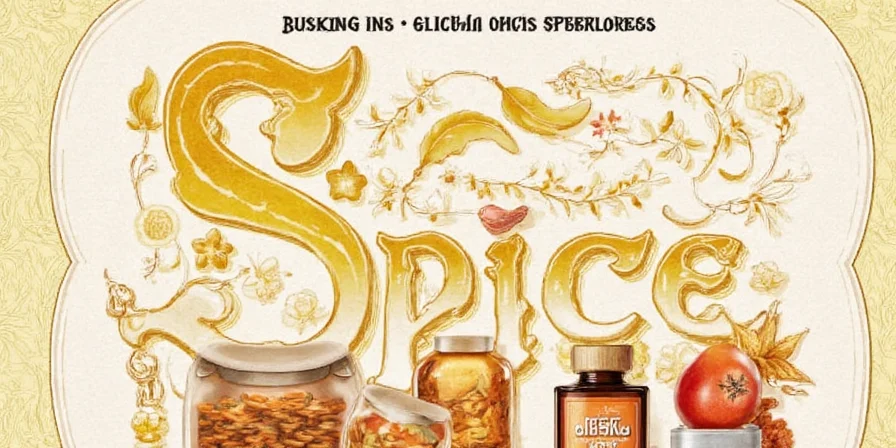
Homemade vs Store-Bought: Which Is Better?
While store-bought options offer convenience, homemade Madras curry powder gives you full control over flavor intensity and freshness. Here’s a quick comparison to help you decide:
| Aspect | Homemade | Store-Bought |
|---|---|---|
| Flavor Complexity | Customizable, rich | Standardized, sometimes flat |
| Ingredients | Whole, fresh spices | Often pre-ground, older stock |
| Effort | Moderate (toasting + grinding) | Zero effort |
| Shelf Life | Best within 3–4 months | Up to a year |
| Variability | Can personalize ratios | Same across all batches |
Pairing Suggestions: What Goes Well With Madras Curry?
The beauty of Madras curry powder lies in its versatility. Here’s what pairs best with this flavor-packed spice blend:
- Coconut Milk: Balances out the heat and adds creaminess.
- Lime Juice: Adds a zesty counterpoint to the earthy tones.
- Yogurt-Based Raita: Cools down spiciness and complements the heat.
- Rice or Naan: Perfect carriers to soak up all that flavor.
- Chickpeas or Lentils: Their natural earthiness harmonizes beautifully with Madras notes.
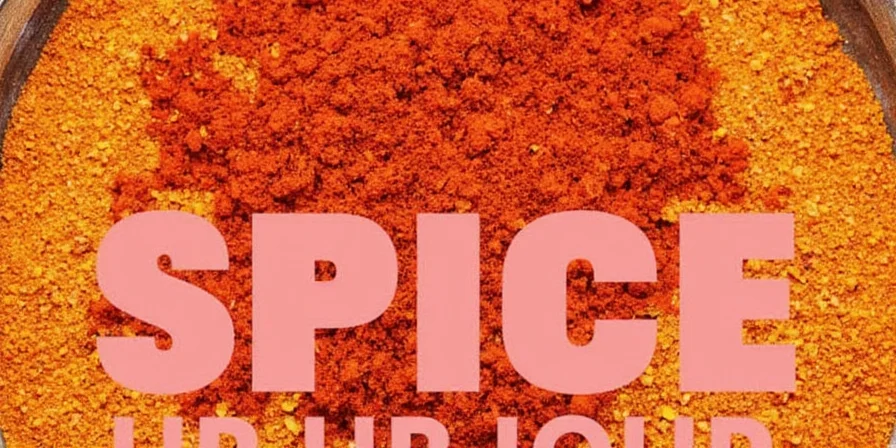
Pro Tips for Cooking with Madras Curry Powder
Want to get the most out of your Madras curry powder? Here are some insider tips to ensure success every time:
- Toast First: Lightly toast the powder in oil or ghee before adding liquid to unlock maximum flavor.
- Add Early: Incorporate it early in the cooking process to let flavors meld and deepen.
- Don’t Burn It: It scorches easily! Keep the heat moderate when blooming in oil.
- Start Small: You can always add more — but you can’t take it back once it’s too spicy!
- Store Smart: Keep it in an airtight container away from light and moisture to preserve potency.
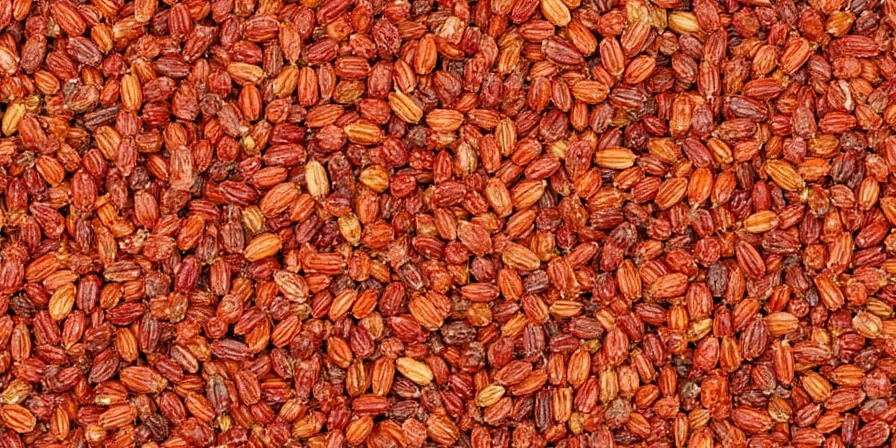
Madras Curry in Global Cuisine Traditions
Much like other global spice blends — think harissa, ras el hanout, or za’atar — Madras curry powder represents more than just flavor; it embodies cultural exchange and culinary evolution. In the UK, it inspired dishes like Chicken Tikka Masala. In Southeast Asia, it found a home in curries, noodles, and street food.
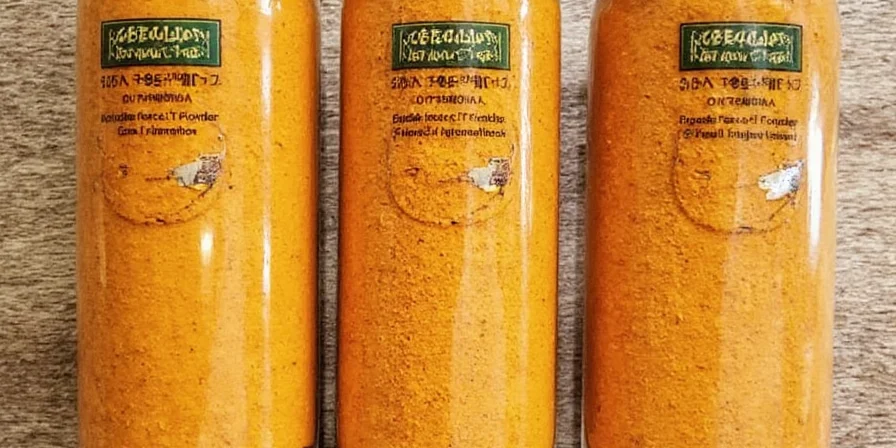
Today, chefs around the world are incorporating Madras curry into everything from fusion tacos to gourmet burgers, proving that great spices know no borders.
Conclusion: Spice It Up with Madras!
Whether you’re new to Indian spices or a seasoned pro looking to refine your flavor game, Madras curry powder is a must-have in your spice arsenal. Its complex flavor profile, versatility in cooking, and deep cultural roots make it more than just a pantry item — it’s a passport to flavor adventure.
So next time you’re staring blankly at your spice rack, don’t settle for boring. Grab that jar of Madras curry powder, toss it into your next dish, and let your inner spice guru shine!
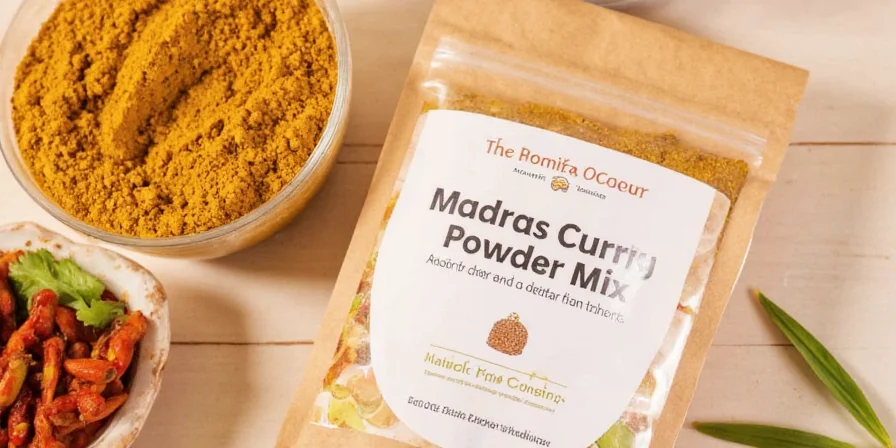

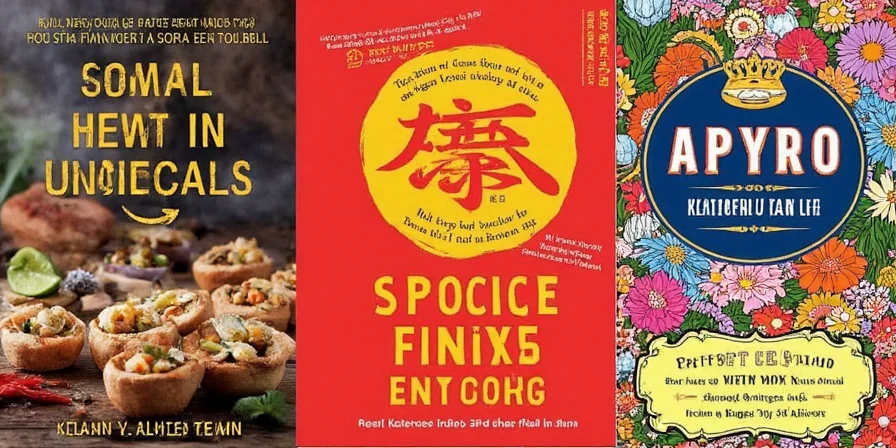









 浙公网安备
33010002000092号
浙公网安备
33010002000092号 浙B2-20120091-4
浙B2-20120091-4